As small business owners and entrepreneurs, we often use these terms interchangeably. However, there are differences between the two that are important to understand. In this post, we’ll explore those distinctions and shed some light on how they can impact your business. But before we dive in, I want to take a moment to acknowledge my incredible team who have embraced remote work and thriving in the process. While we prioritize productivity, we also prioritize work-life harmony and respect boundaries. Our personal numbers are kept private, and we make sure that our clients understand the importance of work-life balance. How do you maintain boundaries in your business? I’d love to hear your thoughts in the comments below. Entrepreneurship is all about innovation, risk-taking, and opportunity-seeking. Entrepreneurs are driven to identify new niches, create innovative products and services, and find ways to scale and grow their businesses. They tend to be more focused on growth and scaling, with their sights set on long-term success.
On the other hand, small business owners tend to have a more stable and established business model. They are more focused on providing quality products and services to their existing customer base and building strong relationships with their customers. They may have less of an appetite for risk and may be more cautious when it comes to scaling their business.
Another key difference between entrepreneurs and small business owners is their approach to funding. Entrepreneurs tend to rely on external sources of funding, such as venture capital, angel investors, and crowdfunding. In contrast, small business owners are more likely to rely on personal savings, loans, and small business grants to fund their operations.
Despite these differences, there is some overlap between entrepreneurship and small business ownership. Both require hard work, dedication, and the ability to adapt to changing market conditions. In fact, many small business owners start as entrepreneurs and then evolve their businesses over time to become more established and stable.
When it comes to maintaining work-life balance, both entrepreneurs and small business owners face unique challenges. High-stress levels, long hours, and the pressure to succeed can all take a toll on mental, physical, and emotional health. That’s why it’s important to set boundaries, prioritize self-care, and establish a culture of respect for work-life balance within your team.
In conclusion, there are key differences between entrepreneurship and small business ownership, but both require hard work, dedication, and the ability to adapt to changing market conditions. While entrepreneurs tend to be more focused on growth and innovation, small business owners are often more focused on building strong relationships with customers and providing quality products and services.
Regardless of your approach, maintaining boundaries and prioritizing work-life balance is crucial to the success of your business and the well-being of your team. So, whether you’re an entrepreneur or a small business owner, make sure to take time for self-care and actively seek out ways to reduce stress and maintain a healthy work-life balance.





